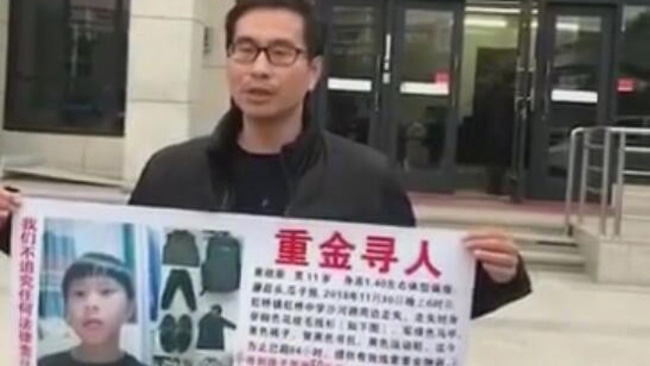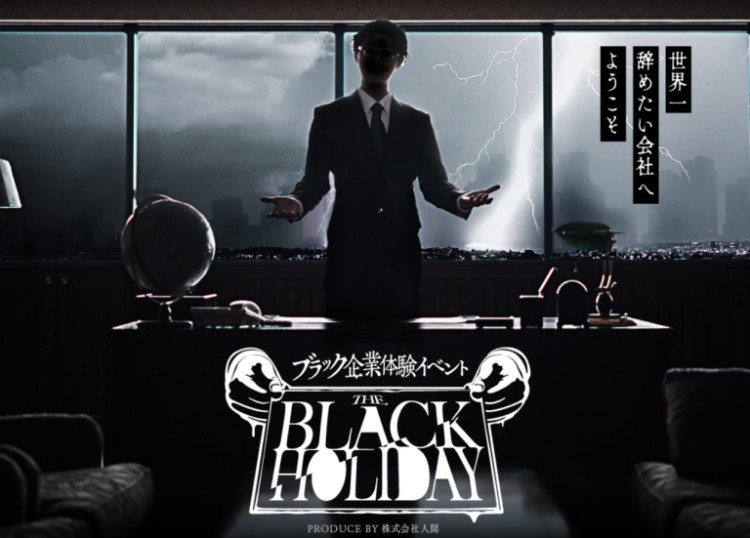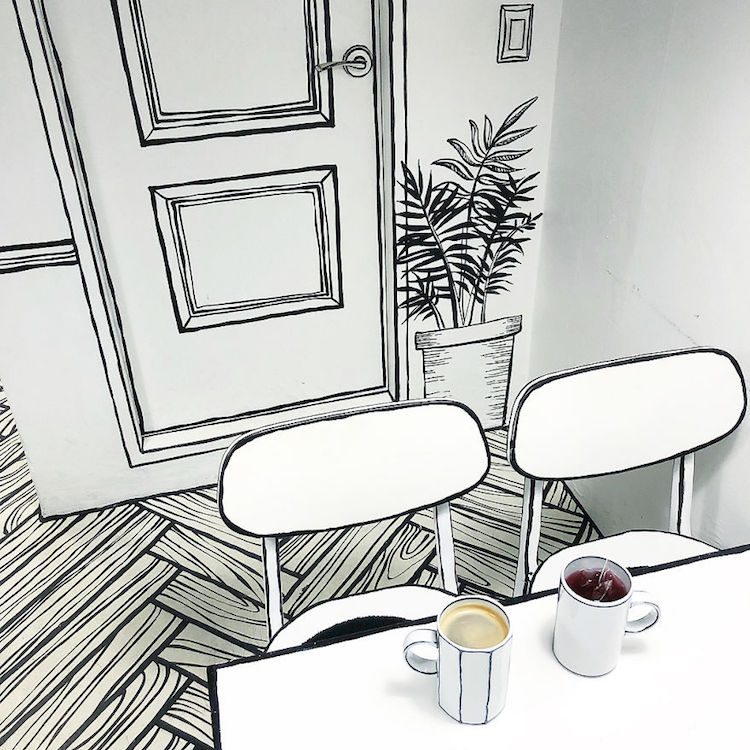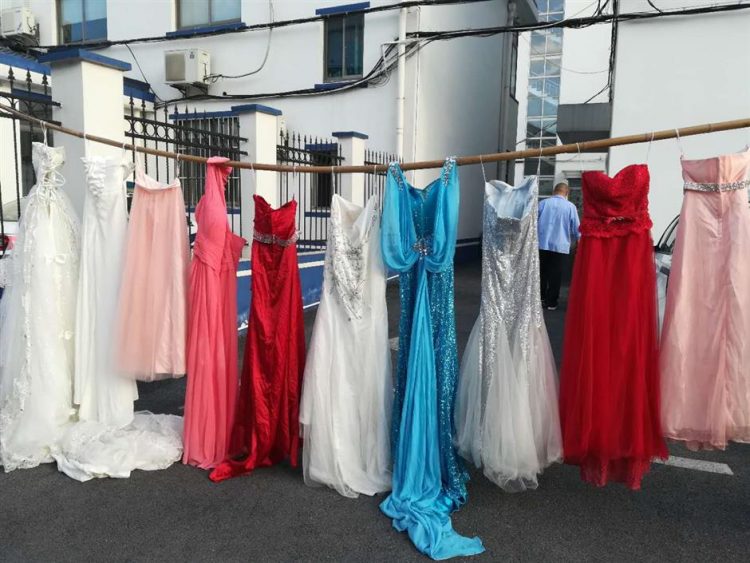Man Quits His Job to Wait for “Dream Girl” He Made Eye Contact With for 10 Seconds in a Bookstore

A Chinese man has been making national headlines after it was revealed that he has been waiting in a bookstore in Beijing for over 50 days hoping to meet a girl he has “fallen in love with” after making eye-contact for 10 seconds. To say that this 26-year-old man is a firm believer in love […]
Gold-Obsessed Man Wears 13Kg of It Wherever He Goes

A Vietnamese businessman has been attracting a lot of attention on Asian social media sites for his obsession with gold. 36-year-old Tran Ngoc Phuc wears a total of 13kg of gold wherever he goes, and is always accompanied by at least 5 bodyguards who make sure that no one tries to steal it. Phuc first […]
Thai Man Undergoes 30 Cosmetic Procedures to Make Himself Look Korean

Ratchadapong Prasit, a 25-year-old man from Thailand, has been making headlines around Asia for the last couple of years after drastically altering his appearance with the help of plastic surgery. After undergoing 30 cosmetic procedures, Prasit now looks like a Korean K-pop star. Comparing photos of Ratchadapong Prasit before and after he turned to plastic surgery, […]
Woman Allegedly Fakes Son’s Kidnapping to Test Her Husband’s Love

A Chinese mother allegedly faked the kidnapping of her 11-year-old son as a way of testing whether her husband really cared about her and their child. The boy’s mother, a 33-year-old woman named Chen, filed a fake missing persons report in Yueqing City, on Friday. She told police that her son had last been seen […]
Man Uses Fake Police Uniform and Gun to Pick Up Women, Gets Arrested by Real Police

A 21-year-old Indonesian man who used a custom-made fake police uniform and a realistic gun to pose as a police officer and get women to go out with him was recently arrested by real policemen. He still has a scheduled date, only this time it will be with a court judge. Ari Septian Pratama, a […]
Japanese Labor Day Event Lets People Experience What It’s Like to Work for Horrible Bosses

Japan has a culture of long working hours, but even in this generally tough and stressful working environment some companies stand out because of the complete disregard for their employees’ well-being. They are known as “black companies” and anyone who has ever wanted to experience what working for such organizations is like, without actually getting […]
Father Faces “Social Boycott” for Dropping Off Son to School in Ferrari Sports Car

A Chinese man has been excluded out of a parents WeChat group and accused of flaunting his wealth by dropping his son off to school in an expensive Ferrari 488 sports car. The man, surnamed Li, is a senior executive in an property development company in in Hangzhou, China, and has the habit of taking his […]
Japanese Man Politely Asks to Rob Convenience Store, Turns Himself In Shortly After

Japanese people are renowned for their manners and politeness, but this incident shows just how far that politeness can go. A man recently went into a convenience store, asked the manager if he could rob the place and upon being refused, he left and later turned himself in to police. The bizarre robbery attempt took […]
Men in Thai Village Paint Their Fingernails to Avoid Being Attacked by Ghost Widow

Young men in Pu Hong, a small village in Thailand’s Kalasin province, have started painting their fingernails as a way to fend off an evil ghost who they hold responsible for the recent deaths of several locals. The bizarre trend became popular after the deaths of five residents of Pu Hong over the last three weeks. […]
This Japanese Startup Will Quit Your Job for You

For some reason, many Japanese people find it incredibly difficult to quit their job and prefer paying a third party hundreds of dollars to quit on their behalf rather than have to face their boss and co-workers and handing in their resignation personally. Senshi S LLC is a Tokyo-based startup founded by childhood friends Toshiyuki Niino […]
South Korean Cafe Makes You Feel Like You’re in an A-Ha Music Video

Cafe Yeonnam-dong 239-20 is a uniquely-designed cafe in Seoul’s Yeonnam-dong district that makes visitors feel like they’ve miraculously steeped into a cartoon or a comic. Remember the song “Take on Me” by Norwegian band A-ha? It’s one of the catchiest tunes of all time, but I remember being fascinated with its music video, as a child. […]
The Curious Case of a 5-Year-Old Vietnamese Boy Who Speaks Perfect English But Not Vietnamese

Le Nguyen Bao Trung, aka ‘Bin’, is a 5-year-old Vietnamese boy who reportedly spoke his very first words in English despite never having come into contact with the language. Today, Bin speaks and reads perfectly in English, but is only just learning Vietnamese so he can communicate with his mother. Born in Dong Van village, […]
Divorced Man Steals 73 Wedding Dresses to Feel Like He Was Getting Married Again

A 50-year-old Chinese man was recently arrested by Shanghai police for allegedly stealing over 70 dresses from various local sellers during the last year. Asked why, he did it, the divorced man said that he wanted to feel like he was getting married again. Shanghai police had received a report from a wedding dress wholesaler […]
Meet Roland, Japan’s Most Successful Male Geisha

Hosts are considered the modern version of geishas in Japan. They are charming women who engage in a carefully choreographed performance designed to make clients feel like the most important person on Earth. But in certain clubs around Tokyo’s Kabuchiko district, the tables have turned; here it’s male hosts who cater to the needs of […]
Parents in South Korea Are Hiring Intimidating “Uncles” to Protect Their Kids from School Bullies

South Korean parents are increasingly turning to “uncle service” providers to make sure their children don’t have to put up with bullying in schools. Such services are apparently a pricey but efficient alternative to having schools handle the matter. Earlier this month, Korean media reported on the growing business of leasing intimidating uncles to either […]
